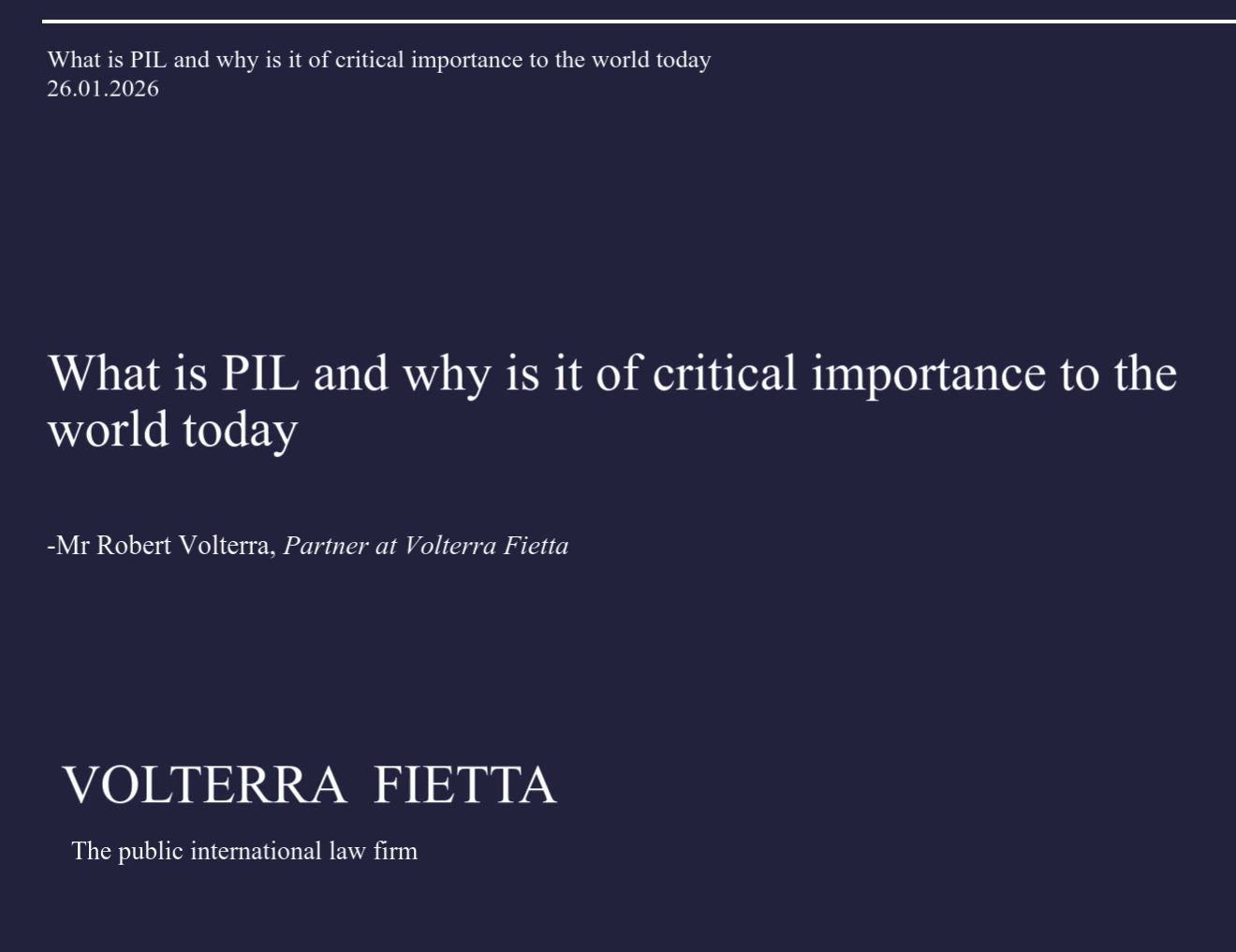Enacted in August 2024 and set to take effect in February 2025, Saudi Arabia’s updated Investment Law marks a major shift in its regulatory landscape. Unlike its predecessor, the 2000 Foreign Investment Law, the new law applies equally to both local and foreign investors, underscoring Saudi Arabia’s commitment to fostering an inclusive, transparent business environment aligned with Vision 2030.
Inclusive Investment Framework and Enhanced Protections
The updated Investment Law redefines “investor” to include both Saudi and foreign entities, a significant shift from the previous law’s focus solely on foreign investors. Furthermore, “Capital” has been comprehensively defined to encompass assets such as shares, intellectual property, and contractual rights, while explicitly excluding loans, bonds, and other financing instruments. By clarifying both who qualifies as an investor and what constitutes eligible capital, the law sets clear boundaries that ensure consistent treatment for local and foreign investments under uniform standards, enhancing transparency and investor confidence.
The law replaces the previous licensing requirement with a streamlined registration process managed by the Ministry of Investment. Investors now benefit from a centralised One-Stop Service Centre, which offers expedited access to registration, regulatory approvals, and necessary permits, while a newly established National Registry tracks local and foreign investments under the Ministry’s oversight. Additionally, the law provides transparent, objective criteria for awarding investment incentives, specifically aimed at attracting substantial projects aligned with Saudi Arabia’s economic goals. Core investor protections include prohibitions on both direct and indirect expropriation without fair compensation, with specific provisions ensuring that any expropriation occurs only for public interest, is authorised by a final judicial ruling and includes fair compensation.
To ensure secure and effective conflict resolution, the law prioritises alternative dispute resolution (“ADR”) methods, such as arbitration, mediation, and conciliation, under the supervision of the Ministry of Justice. Although the law generally upholds investment freedom, certain sectors remain restricted, requiring prior governmental approval, while Special Economic Zones (“SEZs”) create further opportunities in logistics, manufacturing, and technology under favourable regulations.
Public International Law Implications
Saudi Arabia’s new Investment Law represents a decisive shift towards embedding widely recognised international investment principles within its national framework, signalling a commitment to transparency and an investor-friendly regulatory environment. Key provisions—such as non-discriminatory treatment of local and foreign investors, robust protections for investor rights, and access to ADR mechanisms—align with foundational principles found in bilateral and multilateral investment treaties. This alignment not only strengthens Saudi Arabia’s investor protections but also sets a regional standard, potentially encouraging neighbouring countries to adopt similar reforms and thereby enhancing stability across the Middle East and North Africa (“MENA”) region.
By harmonising its framework with these international norms, Saudi Arabia positions itself as a rule-based jurisdiction offering predictable, reliable recourse for investors. The law’s explicit protections, including guarantees against arbitrary expropriation with fair compensation requirements, reflect standards in conventions such as the ICSID Convention and the UNCTAD Model BIT, which emphasise fair and equitable treatment. These commitments bolster investor confidence and reinforce Saudi Arabia’s standing in public international law, supporting the Kingdom’s long-term economic diplomacy goals. This dedication to rule-based governance is likely to increase Saudi Arabia’s appeal to foreign investors seeking jurisdictions that respect global standards, fostering a more competitive and stable investment climate.
Collectively, these elements strengthen Saudi Arabia’s role in the global investment landscape—not only as an attractive destination for foreign capital but also as an influential player in shaping investment law standards across the MENA region. Saudi Arabia’s modernised legal framework thus represents both a significant local reform and a signal of its growing engagement and influence in the international investment law community.
For further information, please contact info@volterrafietta.com.



